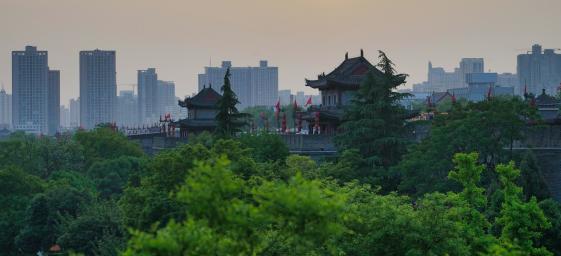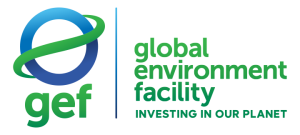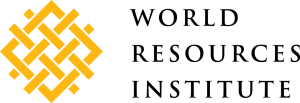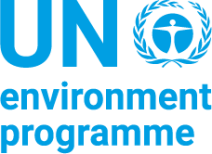Partner Events
Technical Deep-Dive: Cities and Climate Change
17 April 2023 - 21 April 2023,09:00 am
/
Japan
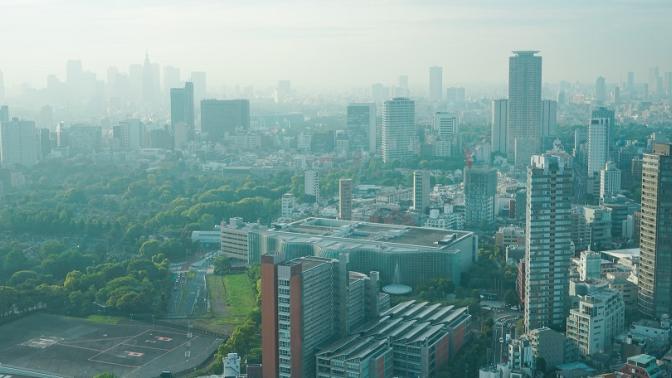
The World Bank Tokyo Development Learning Center (TDLC) in collaboration with the Sustainable City Infrastructure and Services Global Solutions Group (GSG), the Global Facility for Disaster Reduction and Recovery (GFDRR), the Disaster Risk Management and Resilience GSG, and the Climate-Smart Cities Community of Practice (CoP) organized a Technical Deep Dive (TDD) on Cities and Climate Change from April 17 to 21, 2023.
Activities in cities are responsible for around 70% of greenhouse gas emissions and thus cities have an important role to play in mitigating climate change. Emissions in cities could double by 2050 with no mitigation efforts or reduce to nearly net zero emissions with aggressive and immediate mitigation efforts. While cities in low- and middle-income countries have contributed minimally to climate change thus far, they must act now to ensure that they remain on low-carbon trajectories despite the increases in urban populations and incomes that are projected in coming decades. Cities must also adapt to the impacts of climate change. They are already disproportionately impacted by coastal flooding, extreme heat, and other hazards that are exacerbated by climate change. As urban populations continue to rise, particularly in South Asia and Africa, regions which are highly vulnerable to climate change, cities must adapt in order to enhance their resilience.
Objectives
The TDD provided an opportunity for World Bank client country delegations to develop a deeper understanding of good practices in urban climate adaptation and mitigation, including transit-oriented development and resilient infrastructure, nature-based solutions, resilient and energy-efficient buildings, and solid waste management. The TDD was organized into sectoral themes, in which the presentations and site visits will emphasize cross-sectoral actions and integrate elements of social inclusion and participation, highlighting how individual investments can address several climate goals simultaneously. To make the sessions tangible and link them to the site visits, the focus was on spatial planning and physical investments in the built and natural environment (as opposed to technological or financial aspects). The TDD also connected city, provincial, and national level officials; public and private sector planning, urban design and finance experts; and other stakeholders across regions and departments to mainstream urban resilience and the green growth agenda in WB operations.
The TDD will provide a platform for knowledge exchange and structured learning on multisectoral and cross-sectoral actions that cities can take to achieve their climate change adaptation and mitigation goals, from strategic planning to implementation of projects. The TDD will focus on the following topics:
1. Transit-oriented development/ resilient infrastructure Coordinating the development of public transportation infrastructure with land and housing development in order to encourage the use of low-carbon transportation modes; ensuring that this infrastructure is resilient to climate change and other hazards, e.g., flooding, extreme heat, and seismic risk.
2. Resilient and low-carbon buildings Promoting the construction of buildings that are resilient to natural hazards as well as low-carbon in terms of material use and energy efficiency
3. Nature based solutions The use of nature-based solutions in cities for climate change adaptation and mitigation, e.g., urban forests, green roofs, natural flood protection and drainage systems
4. Solid waste management Promoting recycling, improved waste disposal, and low-carbon transport of waste to reduce emissions from solid waste management, alongside adaptation benefits, such as reduced blockage of drainage systems, etc. due to the proper disposal of waste





